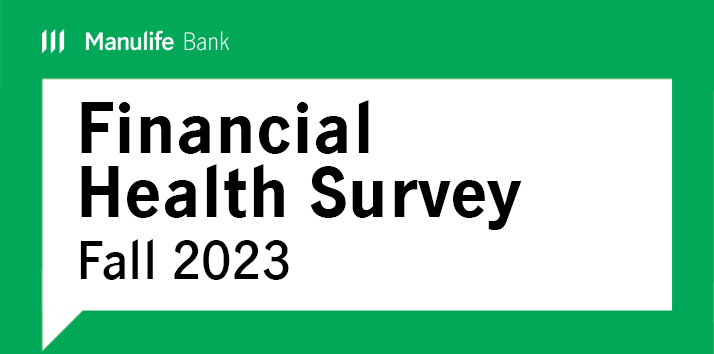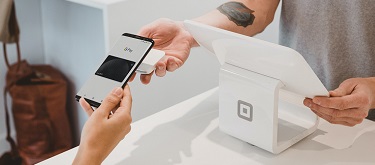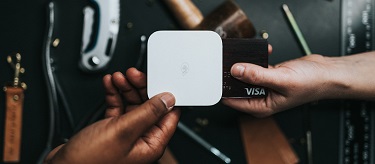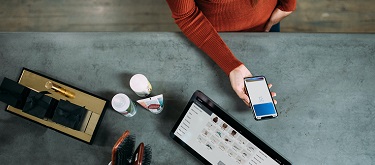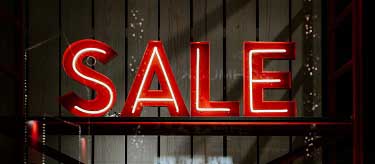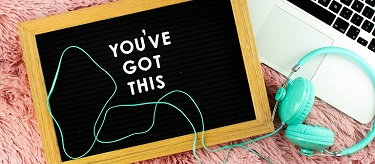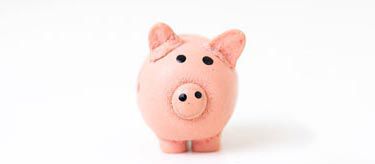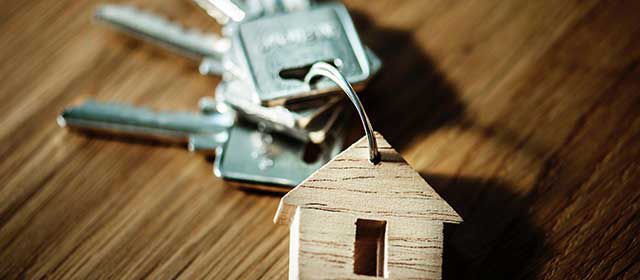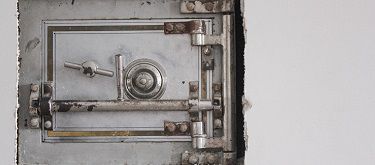
What is Bridge Financing
Bridge financing is a short-term loan homeowners use when they need funds to close a real estate deal on a new home, before their current home sale closes.
Home ownership
What to know about selling your home in retirement
Many Canadians downsize near retirement but may not realize the risks. Here’s what to keep in mind if you’re thinking about selling your home when you retire.
Home ownership
All-in-one mortgage vs traditional mortgage: what’s the difference?
Learn the difference between an all-in-one, readvanceable mortgage like Manulife One, and a traditional mortgage such as Manulife Bank Select.
Home ownership
What is renovation mortgage financing?
Are you considering mortgage financing for your home renovation? Whether you’re buying a fixer-upper or ready to update your current home, here’s what you should know.
Home ownership
Fixed or variable mortgage rate? Get both with Manulife One sub-accounts
Learn about the benefits of a mortgage sub-account, tracking vs. term sub-accounts, and how to use a sub-account to pay off your debt faster.
Home ownership
How much does it cost to build a house?
Learn how much it costs to build a house in Canada, including often-overlooked expenses as well as financing options for building your own home.
Home ownership
How to finance home renovations in Canada
If you’re eager to fix up your home but not sure how to go about financing your home renovations, here’s what you need to know about the options for Canadians.
Home ownership
7 common mortgage mistakes and what to do instead
These common mortgage mistakes could cost you thousands and make it tough to meet your long-term financial goals. Here’s what to do instead.
Home ownership
What you need to know about helping your child with a down payment
Here’s what you need to know about helping your child with a down payment to buy a home.
Home ownership
What is the First-Time Home Buyer Incentive – and is it a good idea?
In case you weren’t aware, there’s a federal program just for home-buying rookies like you: Canada’s First-Time Home Buyer Incentive. But is it a good idea? Let’s find out.
Home ownership
First-time homebuyers: should you buy a condo or a house?
Learn about what to consider, what to watch for, and how to go about making the wisest decision when getting into the real estate market.
Home ownership
How to stage your home for a quick sale
Want to stage your home for a quick sale? Here are 5 simple home staging tricks you can do yourself to increase your home’s potential to prospective buyers.
Home ownership
Buying a home: what to do after your offer is accepted
You found your dream home, submitted an offer, and it’s been accepted. Congrats! Here’s what you need to do after the sellers accept your offer.
Home ownership
Best DIY home projects to increase the value of your home
Learn which DIY home projects offer the best return on your investment and which updates don’t offer great value, so you can make the smartest decision for your situation.
Renovating
What is home equity and how do I use it?
Learn about how to use the equity in your home, how to calculate it, and the pros and cons of using it to help you reach your financial goals sooner.
Home ownership
What is a readvanceable mortgage?
Buying a home or refinancing your mortgage? Here’s what you need to know about readvanceable mortgages, one of the less-familiar – but oh-so powerful – mortgage options.
Your first home
Financing your home: how does mortgage insurance work?
Your home might be the biggest investment you make. Understanding how mortgage insurance works could help you make wiser decisions about saving for a home.
Your first home
How new CMHC mortgage stress test rules impact first-time home buyers
Learn about new Canadian Mortgage and Housing Corporation (CMHC) mortgage rules coming on July 1, 2020 and how they could impact your home buying plans.
Spending
Financial literacy 101: home ownership
In part two of our three-part series on financial literacy, we want to help break down some common questions about home ownership.
Home ownership
9 homeowner tax credits you should know about this tax season
This tax season, invest some time to learn how to keep more of your money in your own pocket. These nine homeowners' tax credits are a great start.
Home ownership
What should your credit score be to buy a house?
What should your credit score be to buy a house? Here's what you'll have to know about your credit before signing the dotted line on your next home.
Home ownership
Is buying a house with debt a smart decision?
Buying a house with debt isn't ideal — then again, life rarely is. Find out when it's a good financial move to buy a home, even with debt.
Home ownership
Considering a home reno? Ask these 9 questions when hiring a contractor
Whether you want to create your dream home or increase your house’s value for sale, you need to find a contractor you can trust. Here’s what to ask when hiring a contractor.
Home ownership
Homebuying checklist: 7 factors that affect home value
It's easy to fall in love with a house at first sight. Here's how to create a homebuying checklist that'll keep you grounded at your next open house.
Home ownership
5 ways to reduce mortgage stress
Is mortgage stress keeping you up at night? Use these five tips to gain peace of mind about managing your mortgage and financial stress.
Mortgages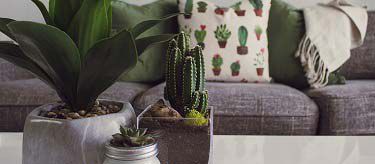
What to know before listing your home on Airbnb
If you've been thinking about renting out your space on Airbnb, here are five questions to ask yourself before you turn your space into an income property.
Home ownership
Why buying a house when single makes more sense than you think
It's a common myth that buying a house when single doesn't make financial sense. Here's how to become a homeowner on a single income.
Home ownership
7 things I wish I knew before I bought my first home
Breathe easy, first-time homebuyer. As intimidating as the homebuying process can seem at first, if I figured it out, you can too.
Your first home
How to save for a down payment
Buying a home is a huge commitment. Here's how to make it manageable, from initial planning to putting a down payment on a house.
Home ownership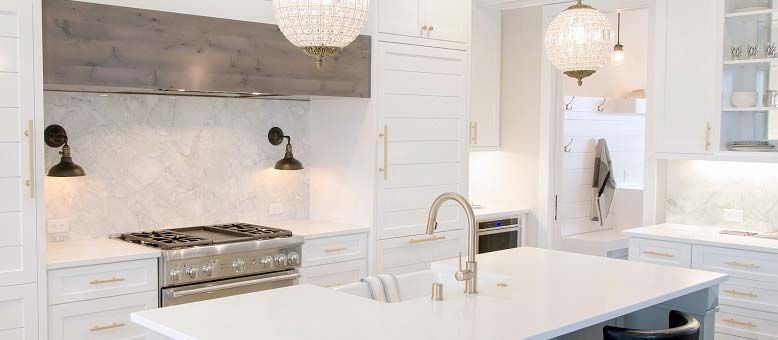
Update your home without going into debt
Take these 8 home improvement steps to keep your home up to date without taking on a lot of debt and stress.
Home ownership
A 5-step guide to buying a rental property
A rental property can be a great investment, but it’s a big commitment and the rules associated with being a landlord can be complex. These five steps will help you prepare.
Home ownership
A 5-step guide to buying your first home
Buying your first home can feel overwhelming, but these five steps will help you prepare. And step 5? It’s “make an offer” – so you’re that close to owning your own home.
Home ownership
What does it cost to buy and own a home in Canada?
Buying a home is exciting, but no one ever said it’s cheap. There’s your mortgage payment, of course. But there are also several one-time costs and ongoing expenses you need to plan for.
Home ownership
Understanding common mortgage terms
The process of buying a home is easier when you understand what it all means. These clear definitions of common mortgage terms will help you learn the lingo.

Which type of mortgage is right for you?
Buying a new home or property? Or, maybe your mortgage is up for renewal soon? Either way, you should understand your options. Let’s start with a few key facts about mortgages.
Home ownership